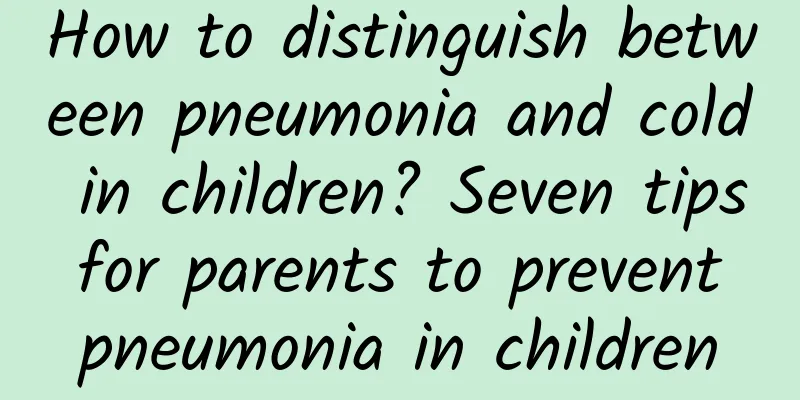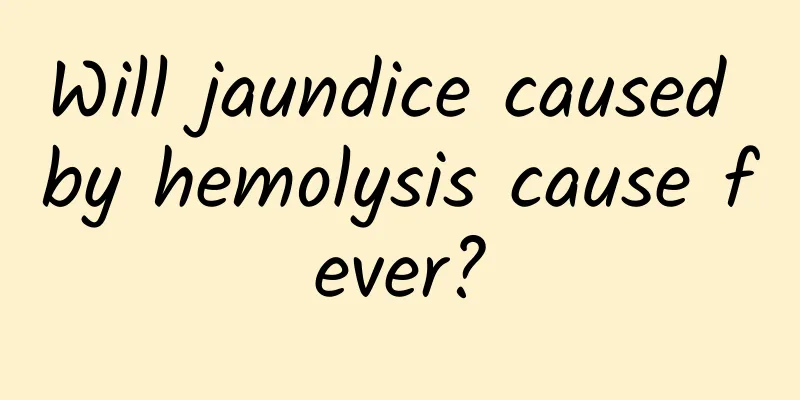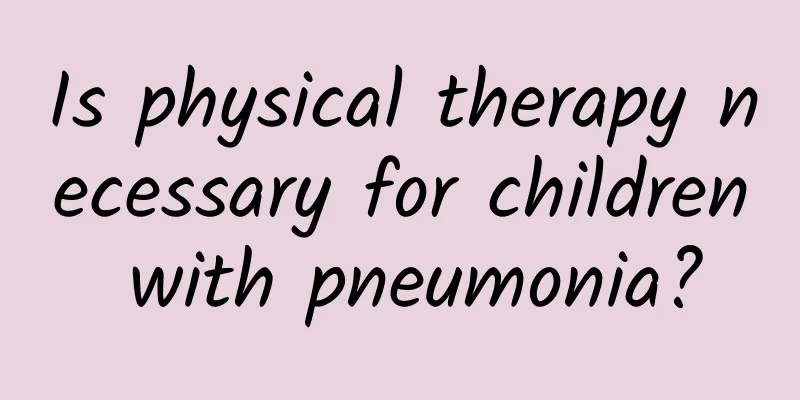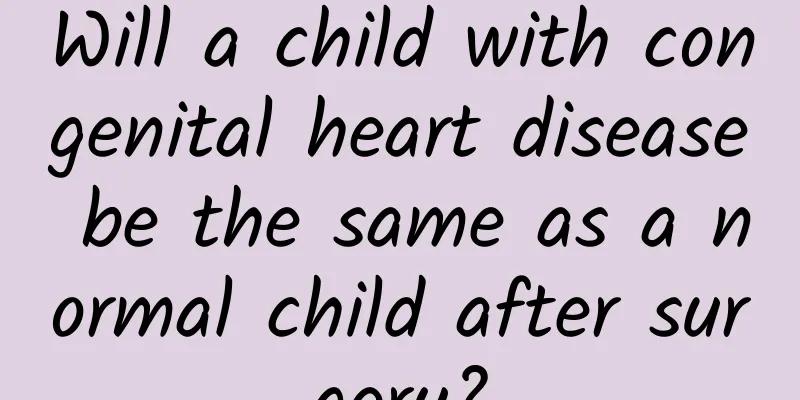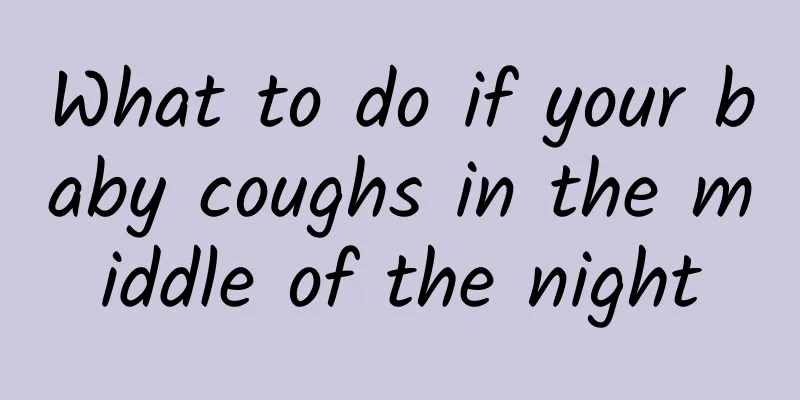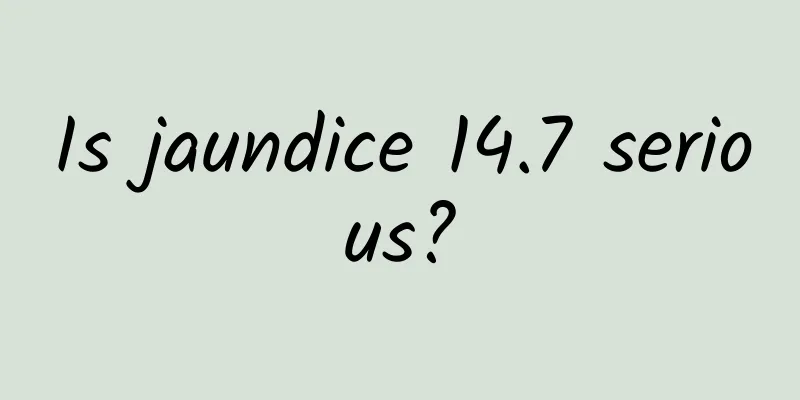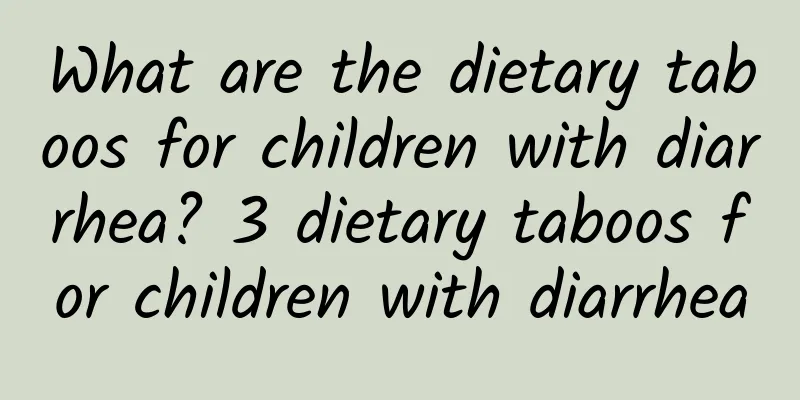What tests do children with eczema need to do?
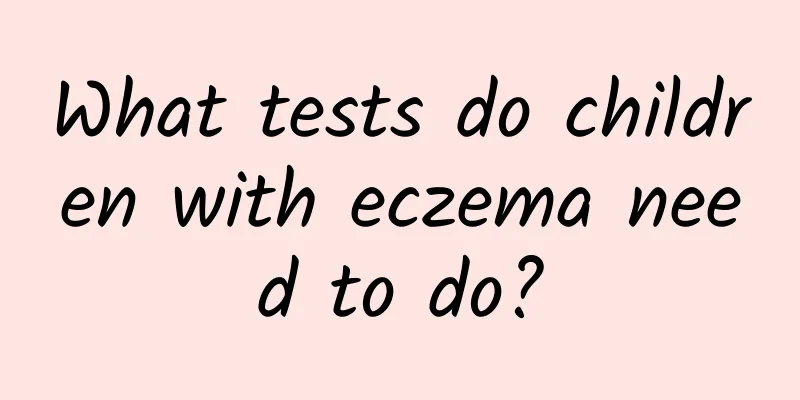
|
What kind of examinations do children with pediatric eczema need to undergo? Nowadays, many infants and young children have eczema on their faces or bodies, which makes mothers particularly worried. Because of the existence of eczema, the harmony of our family is affected, and most importantly, the health of the baby is threatened. In fact, if we want to completely cure the baby's eczema, we must first learn some relevant knowledge about infant eczema. Let me share it with mothers. Related examinations: Laboratory examinations may be accompanied by increased eosinophils in the peripheral blood, high serum total IgE, and increased serum specific IgE. Related diagnosis: Diagnosis is mainly based on clinical manifestations. Currently, the Williams diagnostic criteria are generally recommended: there must be a history of skin itching and 3 or more of the following criteria: 1. History of skin involvement on the flexor side, including the cubital fossa, axilla, anterior ankle, and neck (including cheeks for children under 10 years old); 2. Personal history of asthma or allergic rhinitis (or history of atopic disease in first-degree relatives of children under 4 years old); 3. History of dry skin all over the body; 4. Visible flexural dermatitis (or visible eczema on the cheeks/forehead and extensor sides of the limbs in children under 4 years of age); 5. Onset before the age of 2 (applicable to patients over 4 years old). Related treatment: Clear wound secretions, eliminate chemical stimulation, control infection, and the condition can improve rapidly. To eliminate the cause of the disease, parents should pay close attention to the internal and external factors that are easy to induce, and try to find possible pathogenic factors to eliminate them, actively cooperate with treatment, keep the skin clean, restore and maintain the skin barrier function, and insist on using moisturizing emollients as basic treatment. 5% to 10% Coptis chinensis ointment, compound snake fat ointment, etc. can be used. Corticosteroid cream is the drug of choice. Different strengths of hormone ointments should be selected according to the child's age, location, nature, and area of lesions, and attention should be paid to side effects. Calcineurin inhibitors include tacrolimus ointment and pimecrolimus cream, which are new non-hormonal therapeutic drugs with definite efficacy and no hormonal side effects. |
<<: What are the methods for checking eczema in children?
>>: How much does it cost to treat eczema in children?
Recommend
What tests should children with ADHD undergo?
Diseases like ADHD in children are indeed quite c...
When can baby's congenital megacolon be seen?
Hirschsprung's disease can usually be detecte...
What is the cause of children's cough? How to treat children's cough?
There are many causes of children's cough, su...
What are the diagnostic tools for Kawasaki disease?
There are many hidden diseases around us, such as...
How to cure diarrhea in children
Pediatric diarrhea is the second most common dise...
What should I do if my baby can't digest the milk powder? How should I use medicine for my baby's indigestion?
Since the digestive system of infants and young c...
How to treat children who keep coughing repeatedly?
If a child always has recurrent coughs, he can be...
What should I do if my child coughs and has phlegm?
Children's cough with phlegm may be related t...
How to treat a 7-month-old baby with cough and phlegm How to treat a 7-month-old baby with cough and phlegm
When a baby coughs and has phlegm, not only will ...
Symptoms of malnutrition in adolescents
Teenagers are the most vulnerable group to malnut...
Can jaundice hepatitis be cured?
Jaundice hepatitis can be cured, but the specific...
Is it easy to cure diarrhea in children?
Children will often encounter symptoms of pediatr...
What are the various diagnostic methods for Kawasaki disease?
Many children have weak constitutions, so they ar...
What to do if a child has a stuffy nose and cough? What are the causes of a stuffy nose and cough in a child?
Children with nasal congestion and cough are very...
What should I do if my child has diarrhea and high platelet and lymphocyte counts?
What should I do if my child has diarrhea and hig...
